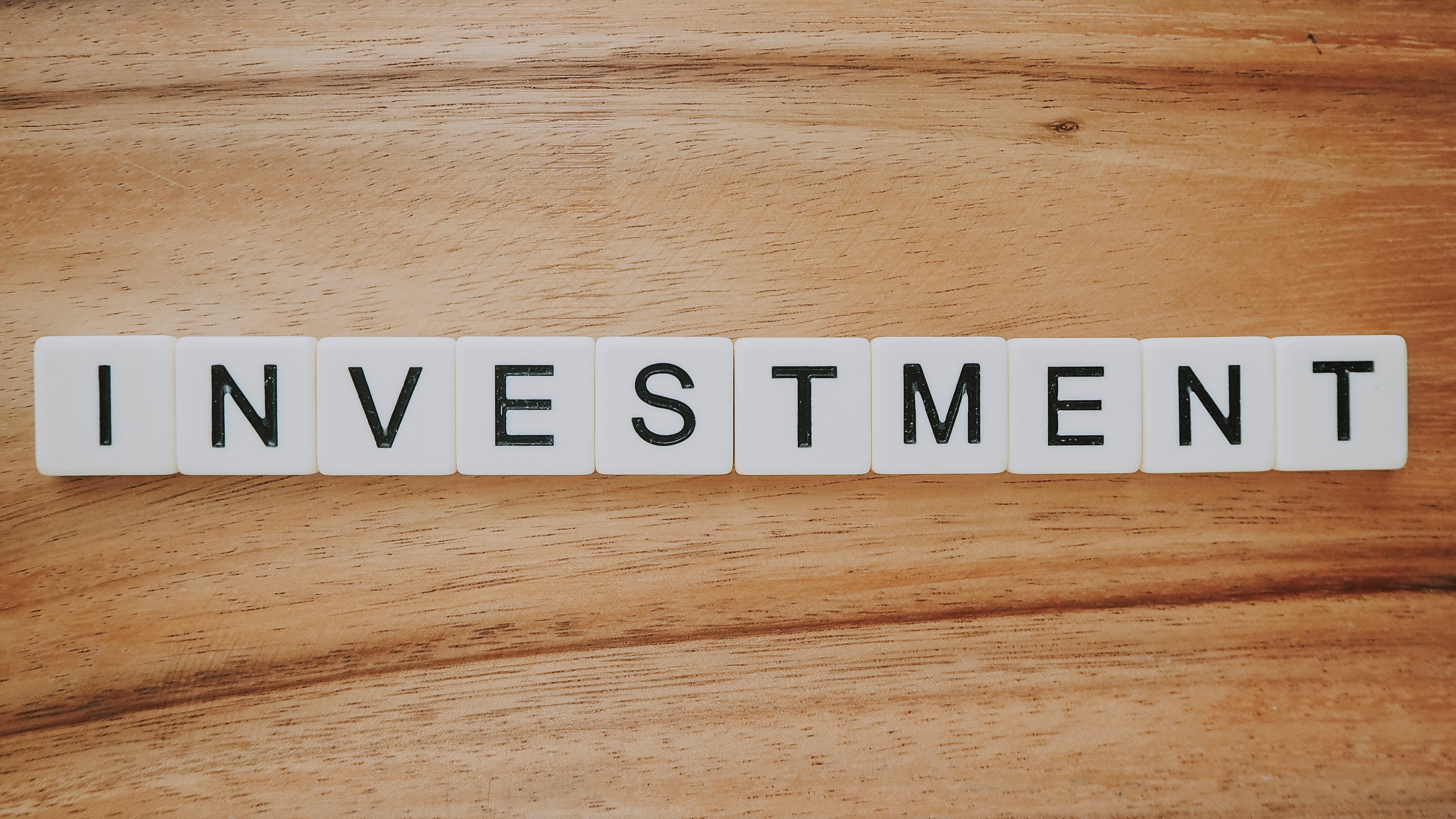Understanding how, why, and what to invest in is a valuable asset for individuals around the world. It’s fairly common to get the two settlements we’re about to discuss (viatical and life) mixed up. While learning about the two will require a bit of research, once you’ve investigated in both types of settlements, you’ll have a better idea of what your next steps are.
Viatical Settlements

Viatical settlements are commonly taken out by people who have grim medical outcomes. This usually means they have a few years left to live. If you’re investing in a viatical settlement, you are purchasing to own their policy. You can purchase some or all of it, depending on the funds you have available. You might be thinking that this is a somber settlement to invest in, but in reality, the owner of the policy is aware of their outcomes. You’re considered the beneficiary, which means it’s a consensual relationship between you and the owner.
Many times, the owner of the policy sells this settlement so their family is not left with their costly medical bills that have racked up over the years. Once the person passes away, you receive the return on your investment. It’s important to note that this can vary. As with any life or death situation, those given a year to live can sometimes live much longer, and vice versa. If your seller dies before the expected outcome, you end up getting a larger return. If they die past the estimated date, it will most likely be a smaller return. On one final note, there are no taxes on viatical settlements.
Life Settlements

The first way life settlements differ from viatical settlements is that you do not have to be terminally ill to own one. You are selling your policy to a third party, or the investor. The investor then gets the money from the life insurance once the owner dies. As an investor, you purchase it knowing the costs and the estimated total income you will receive once the policy-holder passes away. Compared to viaticals, which have some variation, life settlement investments are more calculated. Many people sell their life insurance policies to investors because they want to use their money for the present moment. Some sell the rest of their policy because their payments each month are too high. By cashing out and selling to an investor, you then pay the monthly costs of the policy, but you also receive the money that has accumulated and benefit at the end. What’s financially great about investing in life settlements, is that there aren’t any surprises with this investment.
Expert Advice

Experts like Mark Wiseman know the value of investing. Wiseman is coined as the “investment legend.” He was the former head of active BlackRock’s Investment Committee and the President and CEO of the Canada Pension Plan Investment Board. Wiseman’s impressive accolades make him worth noting when it comes to taking on investments. Advice from Wiseman is to carefully plan and analyze markets and remember that long term investment is key. If you can, start investing while you’re young. During times of global financial crisis, trends may decline but with strategic long term time patterns, it will inevitably rise again.
Who Can Invest?

By this point you might be thinking, how can I begin investing? Well, not just anyone can invest in these two types of settlements. You have to be an accredited advisor. In short, this means you have to be able to prove to the government that you have the financial sums to back up these pricey investments. If something doesn’t go as planned with your investments, it’s an effective way to scan investors to ensure that they will still be financially sound.
Final Note

With any risk, comes the possibility of a great reward. After you determine which settlement appeals to you, you can move forward with this potential investment. When questions arise, be sure to enlist the help of and advice of experts if you need specific assistance.



